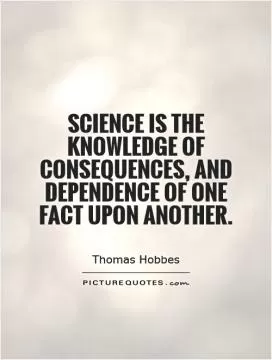Curiosity is the lust of the mind

Curiosity is the lust of the mind
Thomas Hobbes, a renowned English philosopher, is often associated with his famous quote, "Curiosity is the lust of the mind." This statement reflects Hobbes' belief that human beings are naturally curious creatures, driven by a desire to explore and understand the world around them. In the context of Hobbes' philosophy, curiosity is not just a simple desire for knowledge, but a powerful force that compels individuals to seek out new experiences and information.Hobbes believed that curiosity was a fundamental aspect of human nature, stemming from our innate sense of wonder and desire to learn. He argued that curiosity was essential for the advancement of knowledge and understanding, as it motivates individuals to question the status quo and seek out new ideas and perspectives. In this sense, curiosity can be seen as a driving force behind intellectual growth and progress.
However, Hobbes also recognized that curiosity could be a dangerous and potentially destructive force if left unchecked. He believed that excessive curiosity could lead individuals to engage in risky or reckless behavior, as they sought out new experiences and knowledge without considering the potential consequences. In this way, curiosity could be seen as a form of "lust" for the mind, driving individuals to pursue their desires without regard for the potential dangers or risks involved.
Hobbes' views on curiosity can also be seen in the context of his broader philosophy of human nature. He believed that human beings were inherently self-interested and driven by a desire for power and self-preservation. In this sense, curiosity can be seen as a manifestation of this fundamental drive, as individuals seek out knowledge and understanding in order to gain power and control over their environment.
Overall, Hobbes' statement that "curiosity is the lust of the mind" reflects his belief in the power and importance of curiosity as a driving force behind human behavior. While curiosity can be a powerful motivator for intellectual growth and progress, it can also be a dangerous force if left unchecked. By understanding and harnessing our curiosity, we can better navigate the complexities of the world around us and strive for a deeper understanding of ourselves and our place in the world.












 Friendship Quotes
Friendship Quotes Love Quotes
Love Quotes Life Quotes
Life Quotes Funny Quotes
Funny Quotes Motivational Quotes
Motivational Quotes Inspirational Quotes
Inspirational Quotes